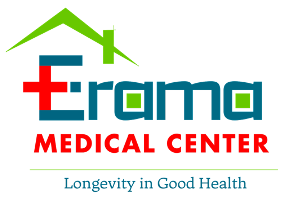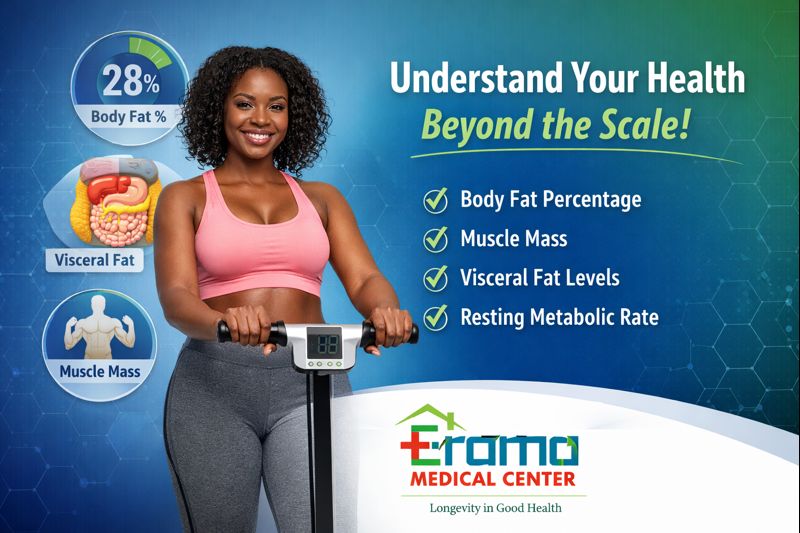Introduction Many women today struggle with a persistent, draining fatigue. You sleep for hours but wake up exhausted. You push through your daily work, but it feels like your body is moving in slow motion. Too often, this fatigue is dismissed as “just stress” or “just life.”
But the truth is, fatigue is one of the most common symptoms of hormone imbalance. Research shows that up to 85% of women in perimenopause report fatigue, mood swings, or poor sleep as major complaints (National Institutes of Health, 2020). Fatigue is not weakness — it’s a signal from your body.
In this article, we’ll look at what hormones are, what they do, what disrupts them, and how imbalance leads to fatigue. We’ll also talk about what you can do, supportive products that may help, and how to access holistic women’s health care.
What Are Hormones? Hormones are chemical messengers that coordinate many functions in the body. They are produced in glands, travel through the bloodstream, and signal tissues and organs to act.
Key hormones for women include:
● Estrogen and Progesterone: Regulate the menstrual cycle, protect bones, and influence mood and cardiovascular health.
● Thyroid Hormones (T3, T4, TSH): Regulate metabolism, body temperature, and energy production.
● Cortisol: Known as the “stress hormone,” it regulates your stress response, blood pressure, and inflammation.
● Insulin: Controls blood sugar levels and energy storage.
● Testosterone / DHEA: In small amounts, they contribute to vitality, libido, and muscle health.
When balanced, these hormones keep your body energized, your mind clear, and your emotions steady. When disrupted, you feel it immediately.
What Disrupts Hormones? Our modern lifestyle constantly pushes our hormonal system off balance. Common disruptors include:
● Chronic stress: Prolonged high cortisol suppresses reproductive hormones and causes adrenal fatigue.
● Poor nutrition: Excess sugar and processed foods lead to insulin resistance.
● Environmental toxins: Chemicals in plastics (like BPA), pesticides, and pollutants act as endocrine disruptors.
● Poor sleep: Sleep deprivation disrupts circadian rhythm and hormone cycles.
● Weight and inflammation: Excess body fat produces estrogen and inflammatory mediators that worsen imbalance.
How Imbalance Leads to Fatigue Hormonal imbalance causes fatigue in multiple ways:
1. Energy production slows — Thyroid and adrenal hormones regulate mitochondria, the “power plants” of cells. When low, energy production crashes.
2. Sleep is interrupted — Cortisol and estrogen swings disrupt deep sleep cycles, leaving you tired even after rest.
3. Blood sugar instability — Insulin dysfunction leads to energy crashes and brain fog.
4. Inflammation rises — Chronic stress signals promote inflammation, draining energy further.
Studies confirm that fatigue is one of the top three symptoms reported by perimenopausal women, alongside hot flashes and mood changes (NIH, 2020).
What You Can Do The good news is that fatigue caused by hormone imbalance is not permanent. Steps you can take include:
● Get evaluated: Ask your doctor for hormone panels (thyroid, estrogen, progesterone, cortisol, insulin).
● Lifestyle changes: Eat a balanced diet rich in fiber, protein, and healthy fats; prioritize good sleep; exercise gently; and manage stress.
● Supportive supplements: • Evening Primrose Tea/Oil — Contains gamma-linolenic acid (GLA). Some studies suggest it may reduce PMS, mastalgia (breast pain), and menopausal symptoms (Mayo Clinic, NIH). • Vitex (Chasteberry) — Clinical trials indicate it may help reduce PMS symptoms and balance estrogen/progesterone levels. Disclaimer: These are supportive aids, not cures. Always consult a physician before use.
● Holistic care: At my Women’s Clinic, we look at hormonal health as a whole, not in pieces. We provide screenings and personalized care.
Order from us at whatsapp only 025 756 3155
October Women’s Health Focus at Erama Medical Center This month at Erama Medical Center, we are emphasizing women’s health through accessible screenings and care:
● Free breast exams
● Subsidized fibroid screenings (in partnership with Ephecare International)
● Pap + HPV tests at only ₵500
● After-work and weekend clinics for GP and specialist services
Speak to EMC at 020 250 0171
A Reflection From My Heart I want to pause here, not just as a doctor, but as a woman of faith.
1 Peter 2:23–24 says: “When they hurled their insults at him, he did not retaliate; when he suffered, he made no threats. Instead, he entrusted himself to him who judges justly. He himself
bore our sins in his body on the cross, so that we might die to sins and live for righteousness; by his wounds you have been healed.”
Ladies, we often carry burdens that are too heavy for us: the stress, the toxins, the skipped meals, the sleepless nights. We blame ourselves for the state of our bodies. But some burdens are God’s alone to carry.
Jesus entrusted Himself to the Father — and because of that, God created a way to rule in our favor. Even our fatigue, even our hormonal imbalance, was carried in His body. We can believe for healing. We must believe that by His wounds, we are healed — body, mind, and spirit.
Conclusion Fatigue is not your destiny. It’s a signal that your body needs care. By understanding your hormones, making supportive changes, using safe aids like evening primrose or vitex, and seeking professional evaluation, you can reclaim your energy and your life.
And as you walk this path, remember that you are not alone. God Himself has made provision for your healing, and there are communities — including Erama Medical Center and Cherished Heritage — ready to walk with you.
Share this article with another woman who needs encouragement. Together, let’s live healed, whole, and energized.
Disclaimer: This article is for educational purposes only and is not a substitute for medical advice. Always consult with your healthcare provider before beginning any new supplement or treatment.

